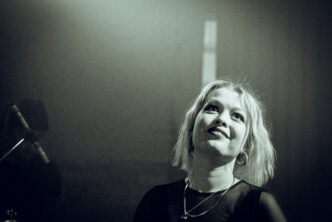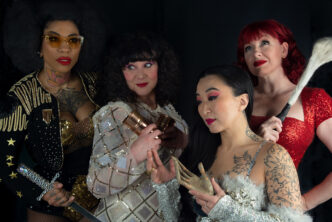Lorraine Worsley-Carter meets Sarah Emmott, Creative Director of Salford-based arts organisation, Art With Heart, to find out about the company’s new podcast, BOX TICKERS, a response to the 10th anniversary of the Equality Act 2010.
Why is now a good time to scrutinise the Equality Act 2010?
Sarah: “Now is a vitally important time to scrutinise the Equality Act 2010, review the ways we can build a better future and listen to those who are disproportionately affected by the pandemic. Box Tickers shares the stories behind the stats that are often associated with those protected by the Equality Act 2010, sharing experiences and future-facing provocations that are the starting point for critical conversations.”

It was certainly a shock to hear that the Equality Act is 10 years old this year are you surprised that there hasn’t been much about this in the press?
Sarah: “We’ve been really surprised that more haven’t been talking about it, given the currently climate, but there are so many people don’t even know it exists! And if we don’t know it exists how can we truly be protected by it?
“We’ve been talking about the Equality Act 2010 in high schools since 2016 and we often talk about the difference between changes in the law and in society – which comes first, and which bears most influence? Does society shift in acceptance and the law follows? Or is a law set and we learn to understand it and how to follow it? Either way, even if the law protects us, if the mindset of society doesn’t change our acceptance doesn’t either. For example, passing a law for marriage equality is an important positive step forward, but the law existing doesn’t cancel out or stop homophobia.”
Producing a podcast of this quality takes an inordinate amount of time. If you would have known that Covid would be gaining ground as it is at present, would you have approached your production differently in any way?
Sarah: “We actually made the decision to make a podcast in response to the pandemic! The last activity we ran was a month of equality workshops in high schools across February, then lockdown came, and further work was cancelled. We soon realised that it would be a long time until we could go back to working with people in person and we couldn’t let the anniversary pass without marking it, so we changed our plans to create our first podcast!
“We wanted the viewpoints on the contributions to be a broad range, so we have theatre-makers, poets, actors, comedians, photographers, and teachers! They are all at very different points of their careers too from those just starting out, to those with MBE’s, to those retiring. However, they’re all experts in talking about their own identities so we wanted to give them all equal time and space for their reflections.
“We wanted the main focus of the podcast to be the artistic contributions, so we started with giving them a really open brief reflecting on their identity then I worked with them to shape them into five-minute responses. Once we had those, we created everything else. Within each ‘box’ there were so many possibilities for focus, so it was exciting to hear about the ideas, hear the finished pieces and curate them together.”
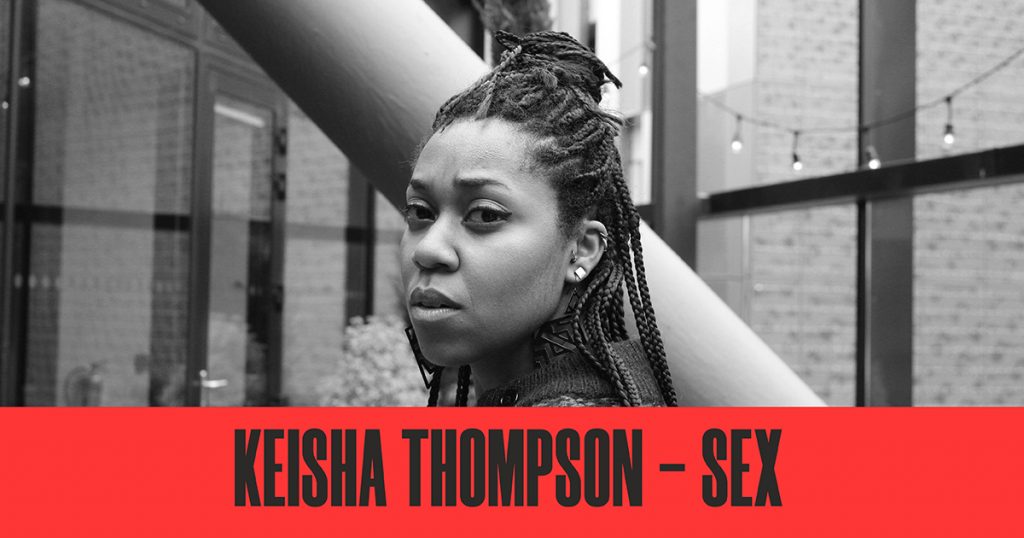
How did you cope with condensing the sheer amount of material you had gathered?
Sarah: “Each artist had a different process. Some knew exactly what they wanted to focus on and how they wanted to tell it, and others were developed through lots of telephone conversations, voice notes, text, and video chats. Being creative in a pandemic is difficult so we took it slow and adapted the process for what each artist needed.”
There is so much information within the experiences that your artists shared, were you expecting so much material?
Sarah: “They were all incredible, and so open and excited by the project. For many of them, they said that this was the first time they have been asked to reflect on that part of their identity and they found it difficult, eye opening and refreshing. There are stories included that still stop me in my tracks when I hear them just as they did the first time, I heard them 6 months ago! There was a wealth of ideas, experience, and material from each of them and so much honesty. We wanted to make sure that the podcasts were accessible and useful for everyone; we can all learn from each other and we hope this podcast gives everyone a chance to (as Conor says in Episode 1!) listen, learn and reflect.”
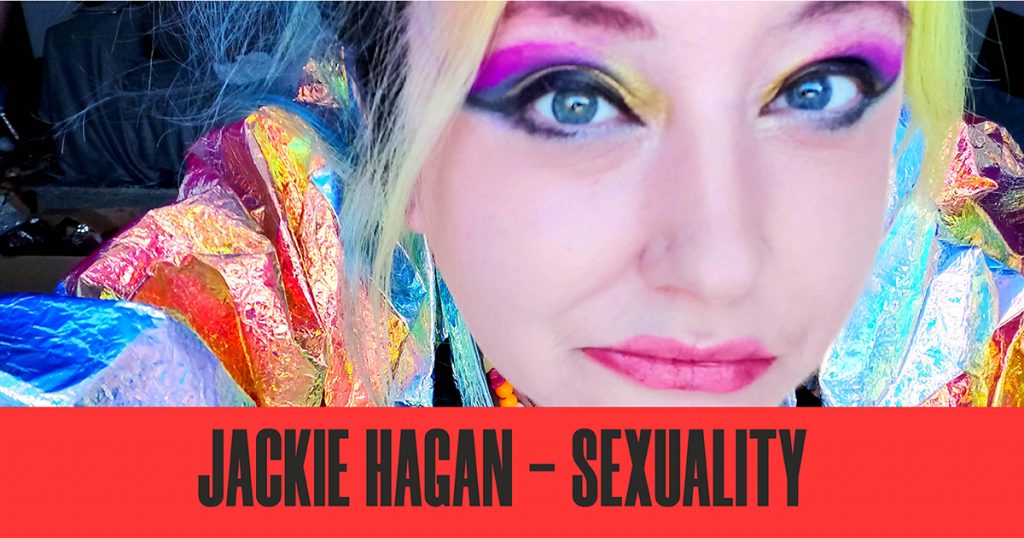
Have you found that you have gathered material for future podcasts from this production?
Sarah: “We’re definitely interested in expanding it – there wasn’t nearly enough time to share all the different avenues there are within each identity, but we hope that this is a first step into us all thinking a bit deeper about what equality means, especially for communities we’re not part of.”
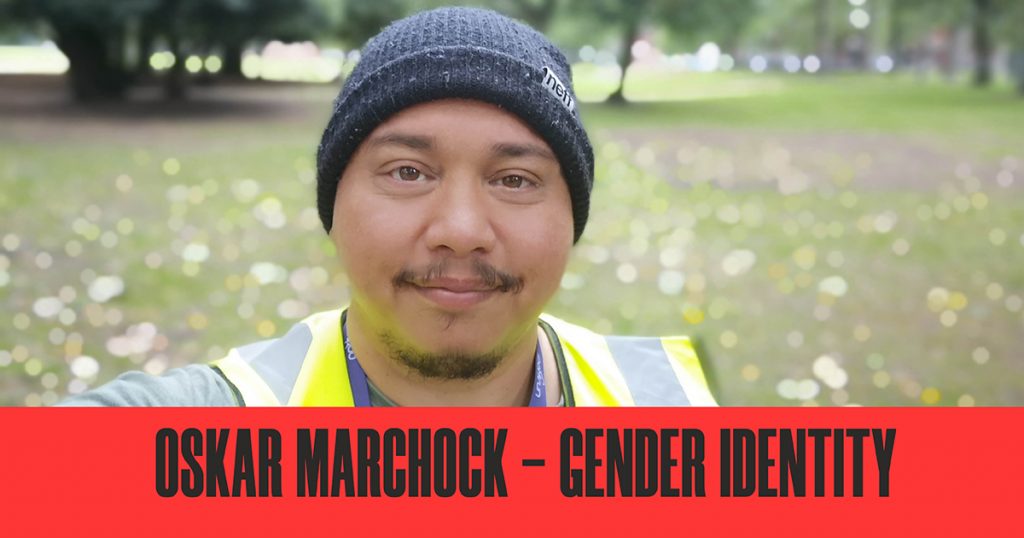
I am sure, like me, listeners will be shocked about some of the stories behind the stats, how do you think as a society we can stop thinking of people as ‘they’ or stats , remove their invisibility cloak and start meaningful critical conversations?
Sarah: “The main thing is commitment because fighting for change isn’t just a social media post, or a placard in a protest, it’s in the everyday stuff too. It’s not only fighting for yourself, but also for others and fighting just as hard for them as you would for yourself.
“We need to start with feeling comfortable being uncomfortable; there’s a lot of unconscious bias conditioning to undo in us all! To move things forward we need to listen and face a lot of uncomfortable truths. It’s not just thinking, it’s doing. As the WSPU (Women’s Social and Political Union) said it’s ‘deeds not words’.
“We need to get ready to admit that we don’t know everything, that we’ll get it wrong but when we’re corrected, we’ll accept it and learn. We need to listen, not fear change and speak to people who are outside your silo as often as possible!”
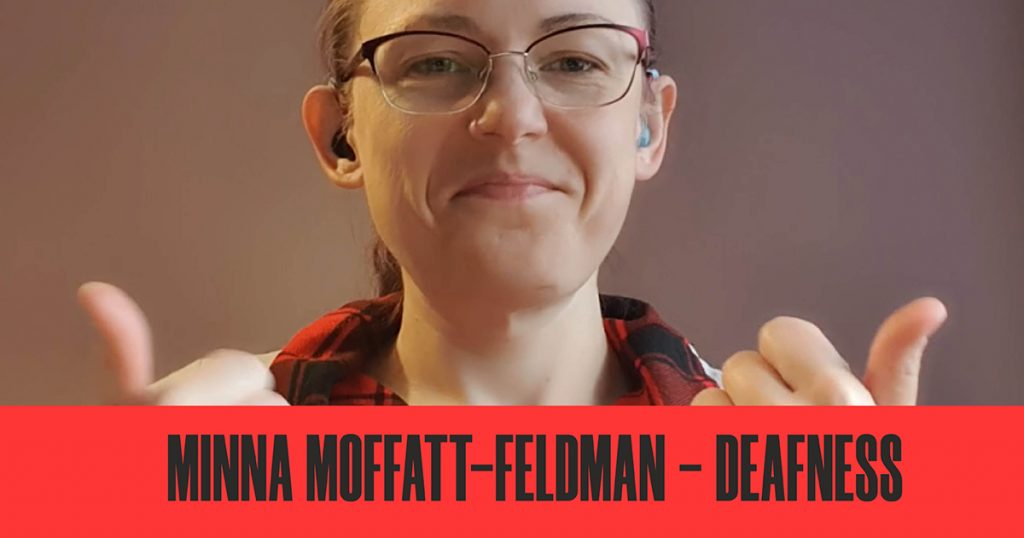
Your production is in response to The Equality Act 2010, how can we, as individuals, actively seek to chip away and change the inequality embedded in our society?
Sarah: “When it’s safe for you to do so, speak up and don’t let things go unchallenged. Respectfully ask questions but know that it’s not their responsibility to give you the answers. Look for ways to open conversations and get your news from as many sources as possible.
“Mostly, when we say ‘that’s shocking’ we actually mean is that we were unprepared for it, that it was unexpected and I think that’s happening more and more as we find ourselves moving into our own silos. Following those on social media who disagree with you is difficult – we want to create a digital safe and supported space for ourselves online, but not accessing any other opinion pushes us further into our silos. If you feel comfortable, go and have a look at people’s feeds who disagree with you – make a list of people’s feeds to check so you can start to see outside of the algorithms that social media feeds you. When we have access to different views, we can start to understand the roots of people’s viewpoints and have more meaningful conversations. When you can, step out of your silo.”
Personally, having listened to Box Tickers, I would think it would be an impossibility not to engage and reflect on the inequality embedded in our society, what reactions have you had already to the podcast?
Sarah: “It’s been incredible and lots of people have been in touch. I’ve had lots of texts from friends saying that it’s sparked them to have conversations with partners, parents, and friends about themselves and each other. One friend said it helped her tell her boyfriend she is bisexual, another said that it’s helped open communication between them and their genderqueer sibling, and another challenge racism in their family. I’ve also had a few people tell me that it’s opened their eyes to identities and barriers they had never thought about before, like deafness, class, and experience of care leavers. Knowing that the podcast is sparking useful conversations feels really special.
“Our work usually happens in person; we’re there in the room experiencing something, but podcasting is totally different. People listen to it when and how they want – together, apart, in bed, walking in a park – and so you don’t get to see them experience it, so it’s lovely when people get in touch with us.”
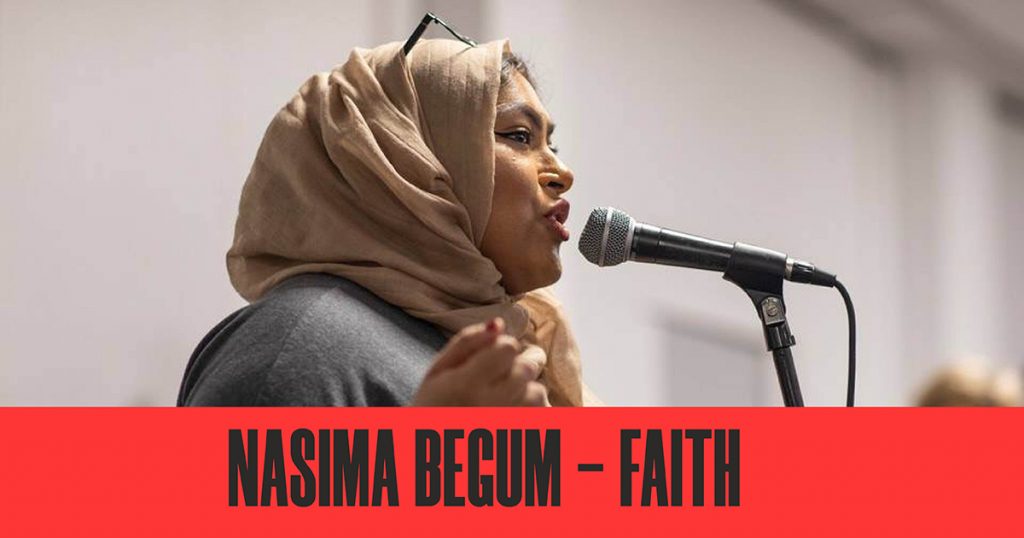
Is this the first collaboration between Ant Bacon and Art with Heart?
Sarah: “Yes! It’s been wonderful to collaborate with Ant. He’s currently studying at the University of Salford and graduates next year. He co-produces the 84 podcast which goes into production for their next series soon. As a graduate of the University of Salford, it was lovely to work with so many people from there; from Ant who is currently there, to fellow Alumni and Denise, who has just retired from teaching there.”
What’s next?
Sarah: “We are continuing to work digitally and will be running lots of artist development, mentoring, training and workshop sessions online and we’re very excited to be launching a new project called ‘Squirrel Club’; an online activity for children and young people with ADHD. You can find details of everything we’re up to by joining our mailing list on our website.”
Box Tickers’ episodes are an opportunity for listeners to observe, engage with and reflect on the Equality Act 2010 and changes that could be made in the future. The Podcast is available on Spotify, iTunes and YouTube.




